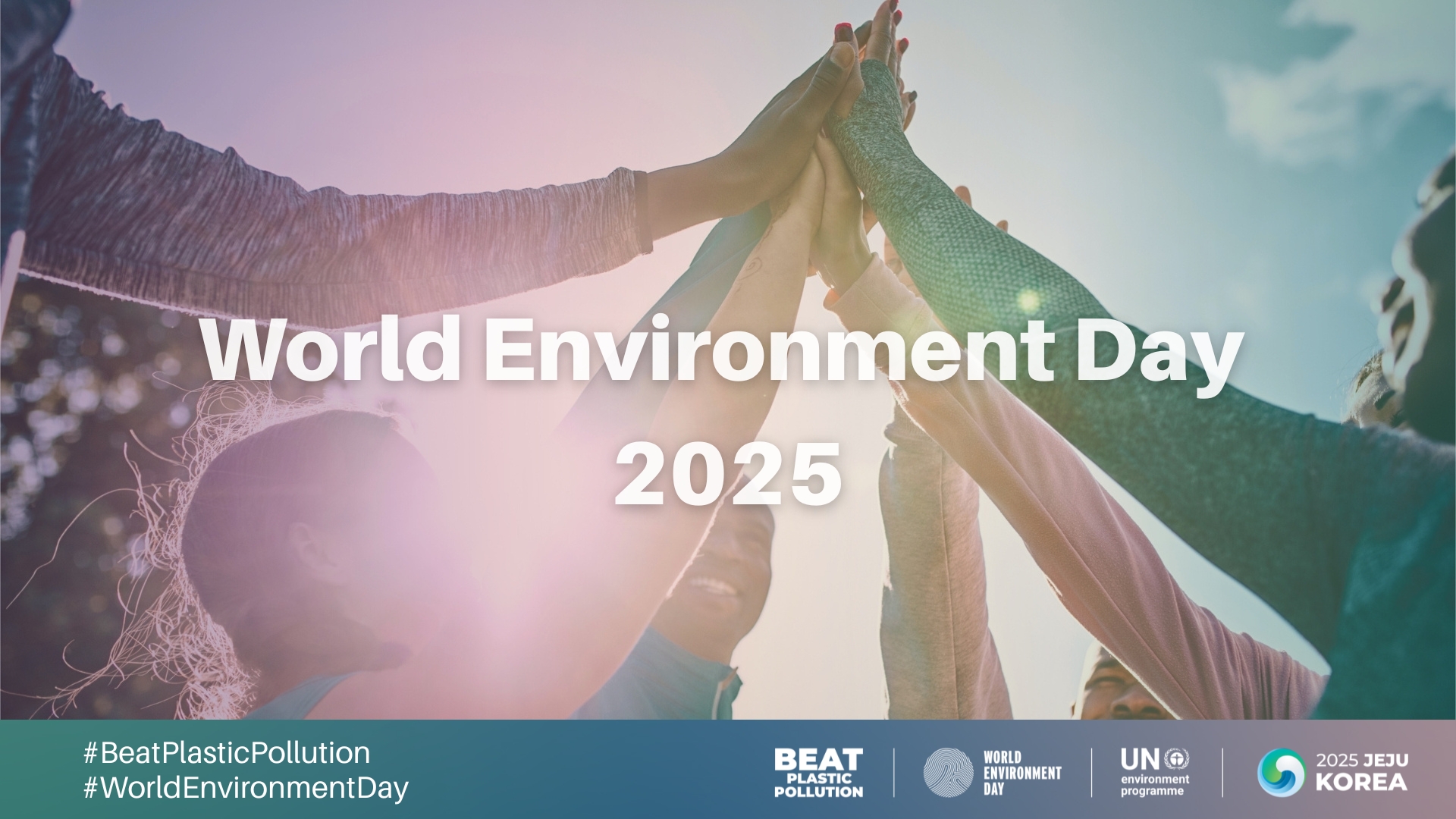World Environment Day, June 5, 2025: Plastic Pollution and the interdependence between environment and conflicts among the crucial challenges for safeguarding the planet

On June 5, 2025, World Environment Day is celebrated, established by the United Nations General Assembly with resolution 2994 (XXVII) to raise awareness and stimulate greater initiative on environmental issues worldwide. Progressively, the Day has become a reference point for promoting the Sustainable Development Goals of the 2030 Agenda concerning the environment. Each year, more than 150 countries participate, under the guidance of the United Nations Environment Programme (UNEP), which aims to provide a common direction on environmental protection, informing and providing the necessary tools to nations and their citizens to improve their quality of life without negatively impacting future generations.
The theme of the United Nations campaign for 2025 is collective action to combat plastic pollution. Today, plastic represents one of the main threats to the planet's preservation, having now colonized every corner of it, from the organs in our bodies to the depths of the oceans, where about 11 million tons of plastic are dispersed each year, while 13 million tons settle in the soil. In 2025, global plastic consumption is estimated to amount to 516 tons. To address all this, it is necessary to dismantle the current capitalist, imperialist, and liberal economic paradigm in favor of a sustainable, circular, and inclusive economic paradigm through a structural rethinking of the entire plastic supply chain and its life cycle. The Human Rights Center has joined this campaign, organising the screening of the documentary film "Breath" by Ilaria Congiu, produced with the patronage of Legambiente and Extinction Rebellion, as part of the project "Beyond the Screen. Cineforum on human rights, new technologies, and climate change" at Cinema Lux in Padova.
In response to this global challenge, in 2022, the United Nations Environment Assembly, comprising all 193 member states, adopted resolution 5/14, entrusting the UNEP Executive Director with the task of convening an Intergovernmental Negotiating Committee (INC) on Plastic Pollution to establish a legally binding international instrument on this issue. Ahead of the second part of the Committee's fifth session, to be held from August 5 to 14, 2025, in Geneva, UN Secretary-General António Guterres, in his message for World Environment Day 2025, expressed the need to reach an agreement based on a circular economy perspective, attentive to community needs and in line with the 2030 Agenda. He also urged the parties involved in the negotiations to work with determination to achieve this common goal.
However, considering the current geopolitical situation, we cannot fail to mention another often ignored but crucial dimension of the environmental issue, encapsulated in the relationship between the environment and armed conflicts. The latter have very profound repercussions on ecosystems, causing environmental devastation and contamination and depriving the civilian population of fundamental natural resources for survival, as has been happening in Ukraine and Gaza. It is also worth remembering that the substantial presence of natural resources and the consequent eagerness to profit from them have sometimes exacerbated armed conflicts, as in the case of the Democratic Republic of Congo, where the extraction of precious minerals such as cobalt and coltan, used for the production of rechargeable batteries, continues to fuel hostilities in an endless cycle of violence and environmental destruction.

